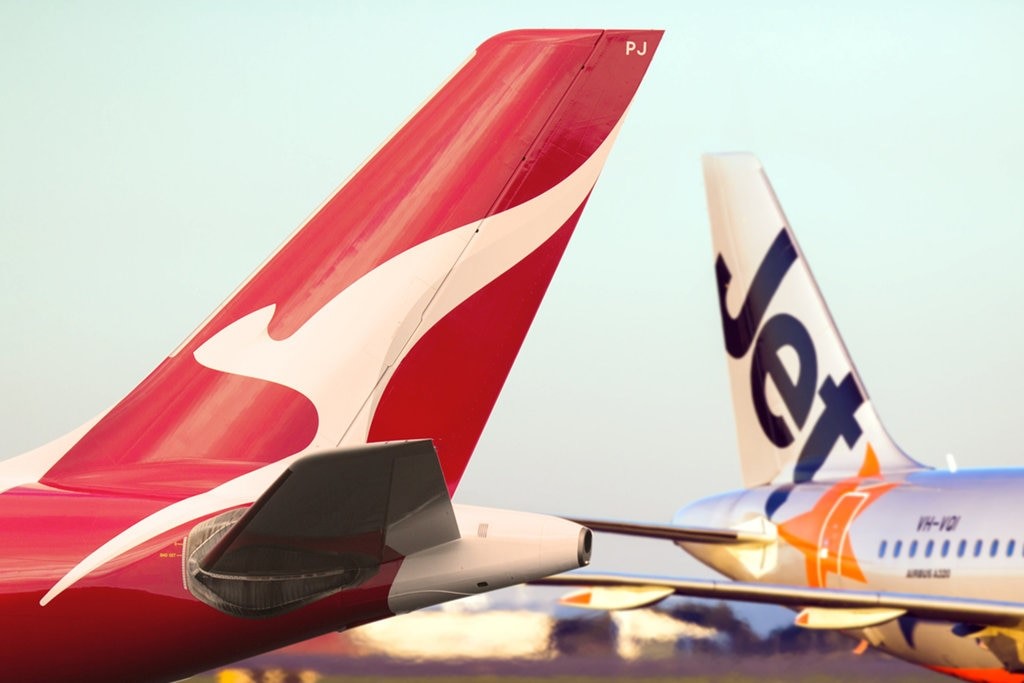The curly question for corporate partnership managers is “how much do I ask for?” No-one wants to leave money on the table, but equally they don’t want to scare off the corporate partner by pitching too high.
The most unlikely guide for success is an organisation like Qantas. Yes, you heard that right. Qantas- because airlines are the evil geniuses of pricing and the most important thing they can teach us is this: there is no such thing as one standard price for everyone. Airlines have become super smart at refining and adapting their price and their offer to you, the client for maximum return- and that’s exactly what you need to do with your corporate-charity partnerships.
Let’s take a look at how the airlines approach pricing and how you can take a few lessons from their approach.
1) They know everything about you
Scary isn’t it, how much they find out about you. They understand your buying habits, family structure, dietary needs, interests, the type of car you prefer and what you buy at the shops. They use a range of data sources, including their frequent flyer program and their partners such as Fly Buys to collect as much information as possible. They probably know more about you than your Mum, as they know about that sneaky mid-week trip when you said you were too sick to visit her.
If a corporate partnership manager takes the same approach to your partners and prospects you would be researching, gathering insights from your networks and conducting in-depth discovery sessions with them to find out everything you can. Then you’ll be in a much stronger position to negotiate when you know their hot spots.
2) Airlines tailor their offer to you
Airlines use all of the information gathered to make their offer relevant to you. If you’re a corporate partnership manager creating bronze, silver and gold packages for your prospects, then just stop now, you’re wasting your time. Those packages are likely to contain a bunch of things that are not important or valuable to a prospective partner and you’ll be wasting time and money delivering things they don’t care about.
Thomas Cook was a legendary UK package travel company that recently went bust. It continued to offer cheap package holidays in an era where the customer can pick, choose and compare on the internet to get exactly the holiday they want. In the face of market changes, all Thomas Cook had to compete upon was price. Never a good business model, as anyone who watches Shark Tank will know.
Corporate partnership managers need to build an offer that’s based on sound knowledge of the partner’s priorities rather than a standard package. Packages make the partner do the work and that’s just lazy- show them you understand them and tailor your offer accordingly.
3) Airline pricing reflects what you value and your preferences
Have you noticed when you’re booking a flight that you get a suggested list of extras, such as car hire, insurance, theme park tickets or excursions? All based on what you’ve purchased before and what you’re interested in. The price will also reflect things like seasonality and urgency; it’s a different price for a last- minute Christmas flight than a mid-year break booked 6 months in advance.
For corporate partnership managers you need to ask the right questions to uncover what is valuable to your prospective partner and test their pricing appetite. What commitment have they made to other charity partners? What are their budget imitations? Do they prefer cash or in-kind support? Your final proposal should reflect everything you know about their needs, priorities and appetite.
4) Understanding the factors that affect pricing
Price sensitivity; importance; prestige; can you get it somewhere else; what are the alternatives? These are all factors that an airline considers when giving you the optimal price. For example, if you travel a lot for work and your employer pays, you’re likely to be less price sensitive than when you’re paying for the family holiday to the Gold Coast.
Corporate partnership managers need to think about these factors in the context of your corporate partner. Would they achieve the desired brand awareness with another charity? How else could they reach the audience you have? Do they have an urgent deadline for decision making? What special expertise do you bring to the partnership?
Ultimately, the right price for the partnership is not a formula or a standard package. You need to embrace the lessons that airlines learned over many years. The right price is one that reflects the needs, priorities and preferences of your future partner, which means that you need to build a deep understanding of them first.
If you’d like to learn more about pitching and pricing a corporate partnership then contact us at info@stellarpartnerships.com or visit our website www.stellarpartnerships.com

